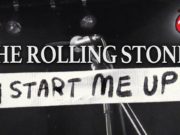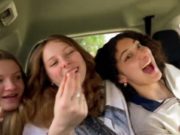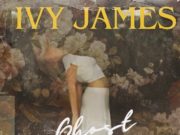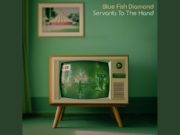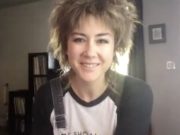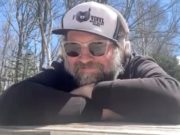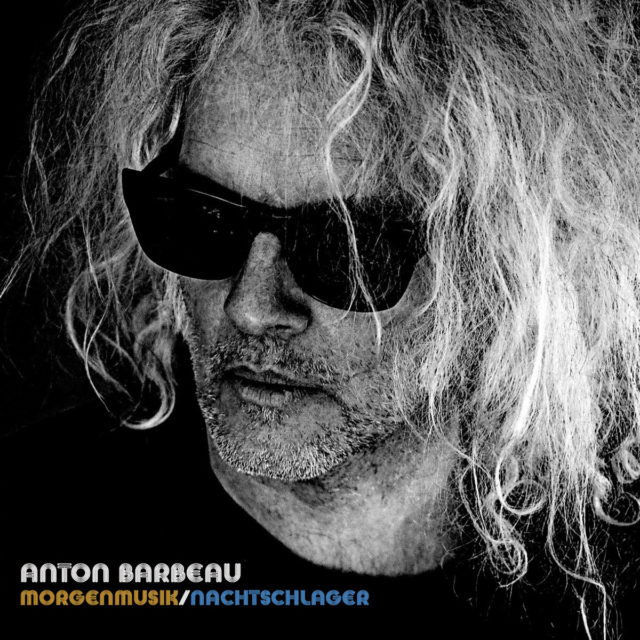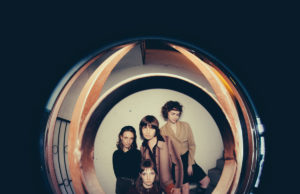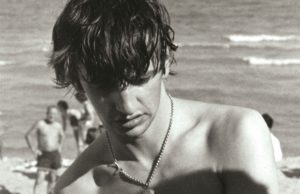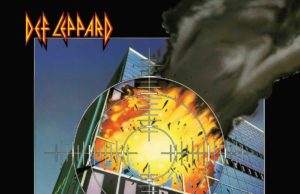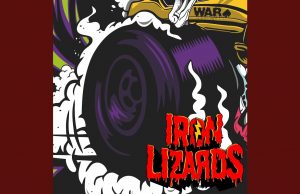THE EDITED PRESS RELEASE: “Psychedelic singer-songwriter, producer, and multi-instrumentalist Anton Barbeau has always been prolific. Since 1993, the California-born artist has released over 30 albums and countless singles, EPs, anthologies, and collaborative works.
The songs on Barbeau’s latest record Morgenmusik/Nachtschlager are culled from three feverish writing sessions. In 2022, Barbeau made two trips to Berlin, where he’d lived for nine years before the pandemic. The first batch of songs was written there in 10 days, while a second batch was whipped up back in California, and a third batch was penned on a return trip to Berlin.
The results are staggering: A whimsical and, frankly, wonderfully weird double album, full of quirky power-pop, fuzz-drenched acid-rock, freak folk, hard lefts into world music and krautrock, fictional advertisements and psychedelic funk. “Part of what made Morgenmusik happen the way it did was that I let go of the critical voice and simply enjoyed conjuring songs out of nothing,” says Anton, “knowing that if something had something, I’d nurture it into shape.”
During the first Berlin visit, in March, Anton channeled his jet-lagged insomnia into early-morning “office hours,” writing 14 songs in 10 days. “I would wake up early, go out for coffee, come back and write a song — like a little factory. Then I’d go out again, run my daily errands, another coffee, write another song, and be done by afternoon.” On this trip he found a book of Frank O’Hara poems, and was struck by the writer’s playful use of multiple languages. The Morgenmusik moniker was pinched, appropriately, from the title of one of O’Hara’s poems.
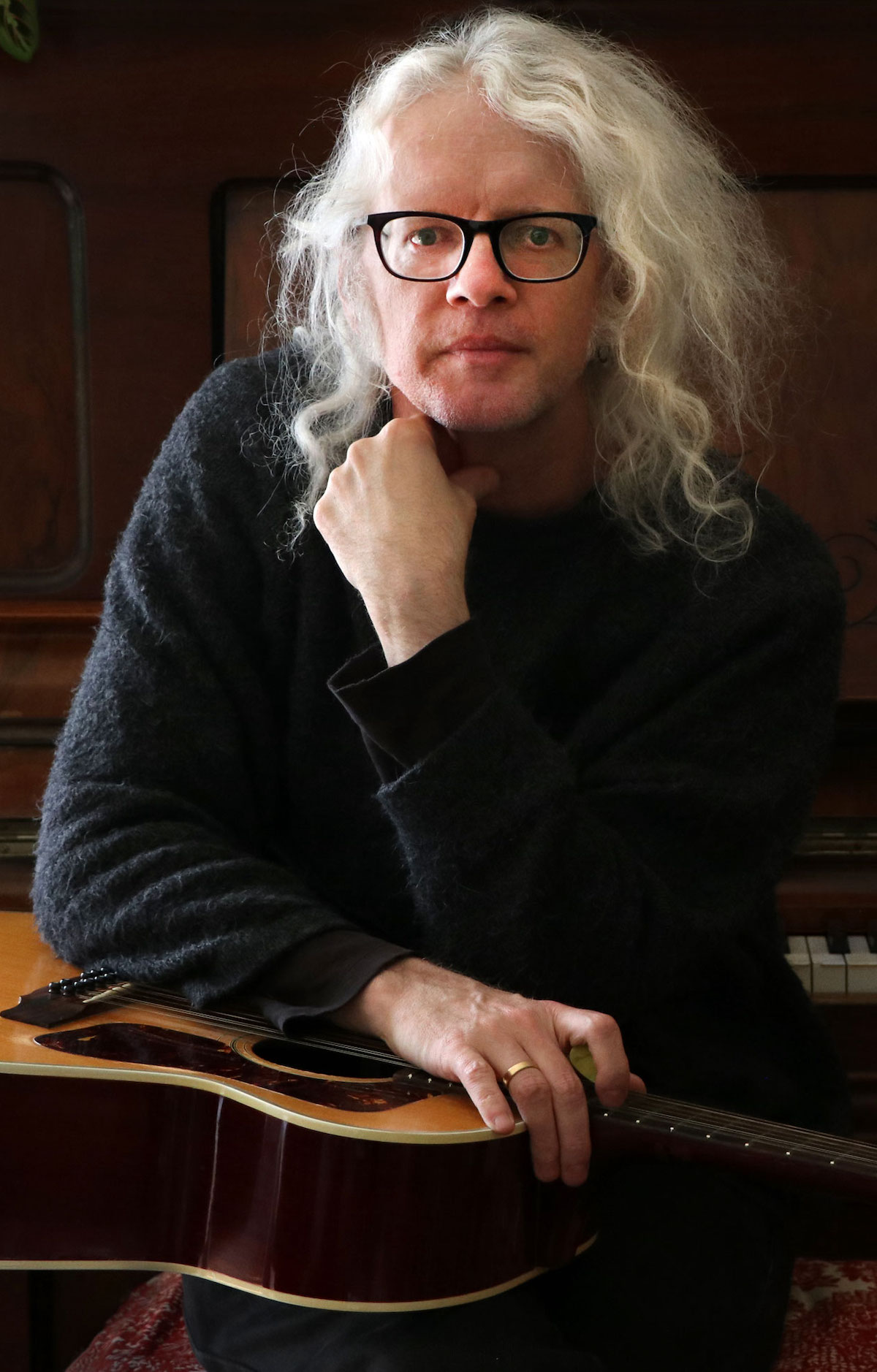
Back in California, the flow of inspiration continued, and Barbeau penned more songs for the album — which gradually grew to double length. A subsequent trip to Berlin saw his writing schedule less structured, but no less prolific. While the title Nachtschlager playfully refers to German easy-listening music, the second half of the album is loosely haunted by Iggy Pop’s Berlin days. “I was fantasizing about rewriting The Idiot — but the truth for me is that, for all my years in Berlin, my life wasn’t particularly sleazy. If I wasn’t gigging, I was home on Friday night eating frozen pizza and watching terrible German Schlager on television.” Conceptually, these tracks find him playing with “fictions,” though there are real truths tucked away in some songs.
The Morgenmusik song Bop is archetypal Anton with its mosaic-constructed lyrics, relentless hooks, and David Bowie-inspired vocals. “Lyrically, it’s a mystical love song,” he explains. “Musically, it has a touch of Turkish/Bariş Manço influence, which crept in from the surrounding Berlin neighborhood of Neukölln.”
Disk 2’s titular Nachtschlager is sonically dense, with sludgy guitars and heavy bass and drums. In the lyrics, phrases such as song slaughter and the sound of heaving give clues to pop-classicist Barbeau’s disdain for the auto-tuned pablum he’d hear during his daily grocery run to Edeka. The production of the song is enhanced by a recording of his wife Julia and their dog Laika back in California yelping and yodeling in the kitchen (please see: Dog Go Zombie).
Though some songs conjure such dark and murky “fictions,” the album’s assortment of made-up advertisements and bizarre interludes keeps things from feeling too heady. The Buddy Holly-esque love song Come Back, perfectly evokes young unrequited love, and its sincerity may have something to do with it being the first song Anton ever wrote at the tender age of 13. Here, lyrically innocent and doe-eyed, he sings: “I can’t sleep at night because of you / I wonder what on earth I’m gonna do / All day long I’m feeling down / I think of you and I hit the ground.”
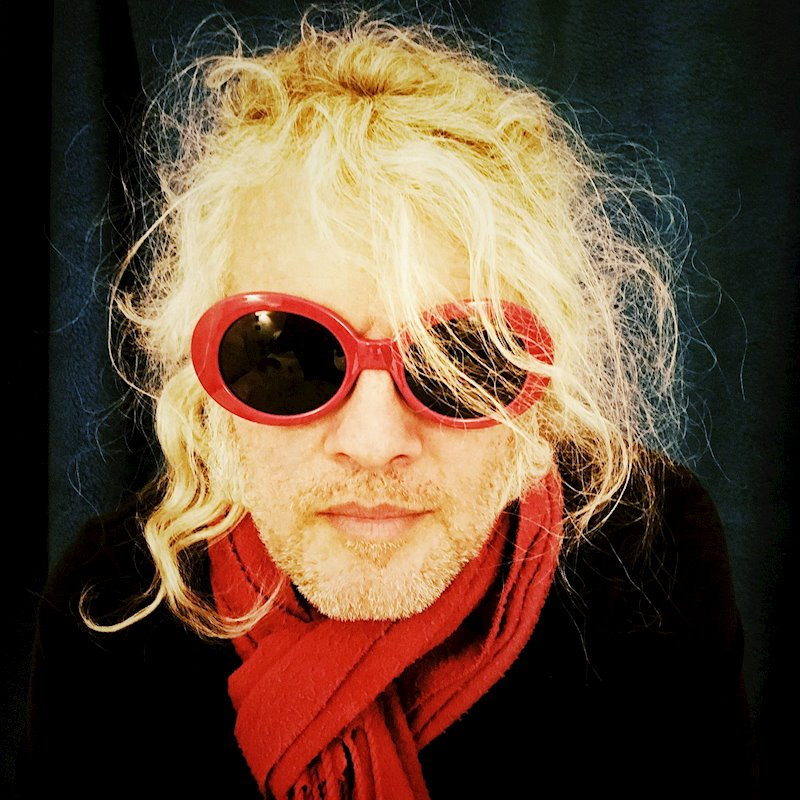
In sharp contrast to that sweet love missive is Ganja On The Farm, a sly reggae-pop ballad about turning the family farm into a cash cow weed factory. The song is rife with sharp-witted lyric: “You better bring a shopping bag / Or better yet, an Easter basket / We’ve had the devil in a Rolls with a trailer buy enough to fill a casket.”
Opening track Waiting On The Radio is “clearly a California song,” according to Barbeau. “Besides the country twang, it shines with a certain golden light.” In contrast to many of the other songs on the album, it was the result of deliberately trying to craft the “perfect pop song.”
There’s something nostalgic in that golden light as well. At age three, Anton was riding with his mother in her green Studebaker, when they heard a song on the radio that enthralled him. Anton’s mom, a pop music fan, couldn’t place the song. “I’ve been searching for that song my whole life, trying to recreate it, and I finally feel like I’ve written my own version,” he reveals. “I got chills when it struck me that maybe Waiting On The Radio is that song.”
As is typical with an Anton album, musical guests constitute a range of personal heroes and longtime friends. Colin Moulding of XTC adds harmony vocals and Chamberlin tracks. Andy Metcalfe and Morris Windsor, formerly of Robyn Hitchcock’s Soft Boys and Egyptians (and Barbeau’s erstwhile bandmates in Three Minute Tease), reunite as a formidable rhythm section on Morgenmusik. Superstar drummer Michael Urbano (Lindsey Buckingham, Todd Rundgren), a longtime fixture on Barbeau’s albums, appears on several songs; Julian Cope guitarist/producer Donald Ross Skinner brings psychedelic flavour to a number of tracks. Peter Daltrey of ‘60s U.K. psych legends Kaleidoscope adds spoken word.

Guitarists Bryan Poole (Elf Power / Of Montreal) and Gregory Curvey (The Luck Of Eden Hall / Custard Flux) each contribute signature moments to the record; Charlotte Tupman adds her dueling guitar solos, and Miguel Padilla (also a recording engineer on the album) lends a thrilling flamenco flourish. U.K.-based singer-songwriter and multi-instrumentalist Rosie Abbott sings on many tracks, while Anton’s California group The Maude Squad play “house band” on the second half of the album. Indian Classical singer Kinkini Deb is featured as well, weaving her evocative vocals throughout.
Chris Stamey (The dB’s) arrived at the tail end of the record-making process, contributing production input and “ghost harmonies” to Waiting on the Radio. Grammy Award-winning producer Oz Fritz mastered the record, during which process Morgenmusik / Nachtschlager was sculpted into its final shape. (At the mastering session itself, one song was pulled from the album, leading Barbeau to come up with a brand-new track to fill the gap — the slightly-ironic, very-meta Cranking ‘Em Out.)
Ultimately, the dichotomy between the two halves of Morgenmusik / Nachtschlager echoes not only the album’s recording process, but the worlds in which Barbeau exists: The open, natural surroundings of a California farm and the thick concrete walls of a top floor Berlin apartment. “As a Gen-X kid, I always had to pick a side — Beatles vs. Bee Gees, Yankees vs. Dodgers,” says Anton. “I still find myself thinking in those terms of ‘contrast is conflict,’ but in recent years, I’ve been working more with balance and integration. These songs are written in different places, in different styles — but the contrasts here became part of the creative process. I’m just as inspired by music I don’t like (Schlager or generic auto-tune pop) as by the music I love. All these contrasting elements end up fitting together as part of a whole record, just as they end up as part of a whole life.”






